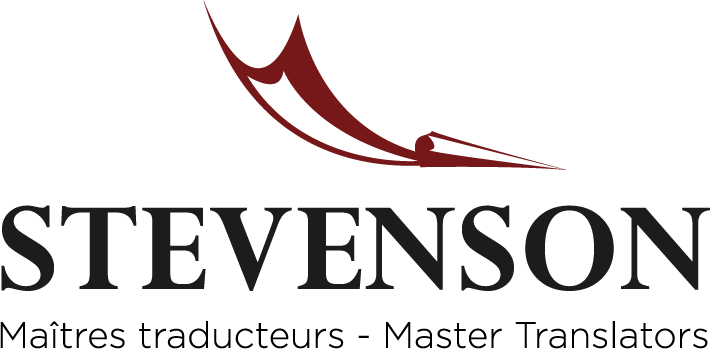
Finding the word or term that “clicks” (Part 1)
A professional translator, an ardent defender of the quality of a language, not only chooses the right terms and proper syntactical construction, but also considers what will work best for the client.
Losing words to evolve?
Languages have been evolving forever, occasionally borrowing terms and expressions from other languages they encounter. Today, languages are being influenced by more and more foreign words that they adopt, copy, or alter. While some regard this as a sign of the imminent death of the language, others find this phenomenon normal and enriching. It is a heated debate!
Quebec’s historical and social context has led to measures to ensure the ardent protection of the French language, a situation very different from that in France, which has never felt the threat of losing its language. Lexical anglicisms in French are easily noticed – you will hear them say “je prends un break” instead of a “pause” – but French speakers do not always realize that their expressions and phrases, though entirely composed of French words, may hide semantic or syntactic anglicisms. They say “ je complète un formulaire” instead of “je remplis un formulaire” and even that “tout va bien jusqu’à date” instead of “jusqu’à maintenant”. Surely you noticed as an English speaker that those expressions come from the literal translation of to complete a form and to date. Considering the prevalence of the French language, English in Quebec is also experiencing some form of osmosis. For example, we may notice it when someone refers to “a depanneur” instead of “a convenience store,” “a stage” instead of “an internship,” or “an autoroute” instead of “an expressway,” but miss the gallicism when someone is said to have “coordinates” instead of “contact information,” or when someone cautions us to “respect” procedures rather than “follow” them.
Choosing words to be understood
So, how does a translator handle these borrowings from other languages? For example, how do they choose between the correct “hours” or “business hours” and the incorrect “opening hours,” which is widely used? Based on the context, they will be torn between the two choices: their irreproachable reputation versus the wishes of their client to follow a common trend; their concern for the quality of the language versus what will be popular in search engines. This grey area is often addressed on a case-by-case basis in order to present clients with the wording that will best serve their needs, and consistent with the purpose of the document being translated. Nonetheless, it is in the very nature of a translator’s task to find the ideal wording without compromising quality.
In informal speech, we tend to ignore certain errors in English that are not acceptable in writing or in official usage. Translators have some influence on trends in language and play a role in the public’s general mastery of a language. They must therefore propose translations based on solid arguments in order to ensure the use of the right term rather than a wrong but common expression in day-to-day life.
Nobody would dream of changing the expressions joie de vivre, à la carte, laissez-faire, or tête-à-tête, which are borrowed from the French but have been in the English lexicon for many years. This is because there is no equivalent for them in English, as with pizza, an Italian word that designates a foreign reality. Why then would we use the term “respect the rules” when “follow the rules” exists? This gallicism does not fill a gap and risks replacing English words that are well-established in common usage.
The team of translation professionals at Stevenson makes a point of honouring the genius of languages, while applying their talents to their clients’ documents. Rest assured that our quality translation will efficiently communicate your message to the largest possible audience.
See Part 2 to learn how translators work with new words that emerge to identify the latest realities.


Leave a Reply